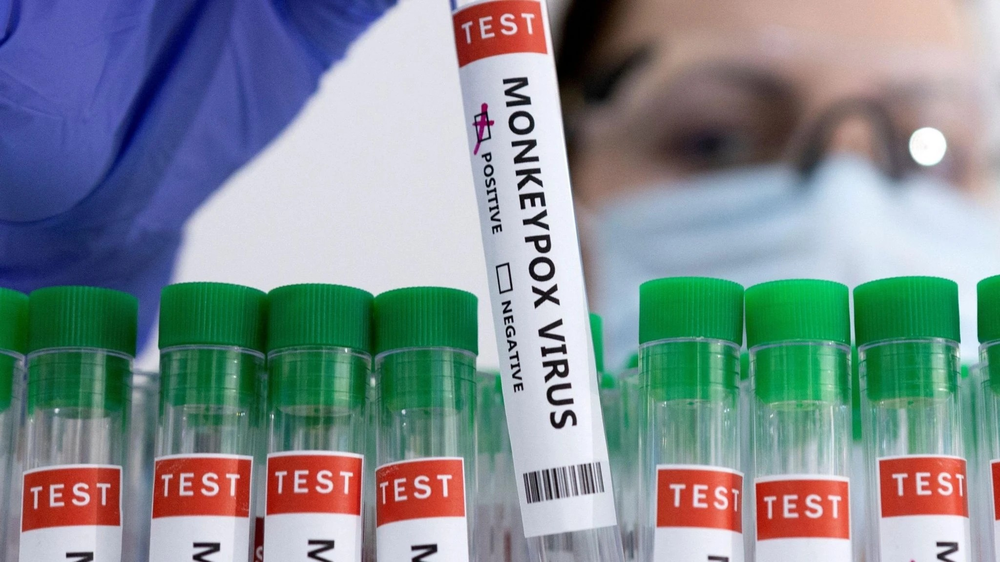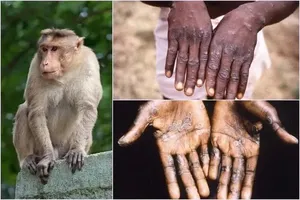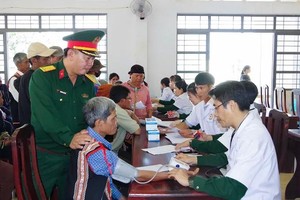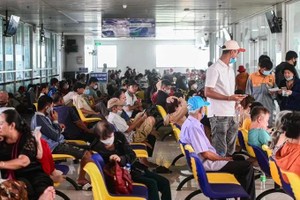
The Ho Chi Minh City Department of Health announced that no epidemiological changes of the disease have been recorded.
The spread of a newer strain of Mpox in Africa led the World Health Organization (WHO) to declare the disease a public health emergency of international concern (PHEIC) lately.
According to a report by the Pasteur Institute of Ho Chi Minh City, in the southern region of Vietnam, 199 Mpox cases were recorded between 2023 and 2024, including 8 fatalities. Ho Chi Minh City had the highest number of cases and deaths in the south during this period, with 156 cases and 6 deaths. Specifically, in 2024 alone, there were 49 Mpox cases with no reported deaths.
Epidemiological characteristics of the cases in Ho Chi Minh City showed that all cases were male, with an average age of 32 (ranging from 18 to 53). The 30-39 age group accounted for the highest proportion of cases (46 percent).
Additionally, 84 percent of cases self-identified as men who have sex with men (MSM). Notably, 55 percent of cases were living with HIV, and 7 percent were undergoing pre-exposure prophylaxis for HIV.
The city's health department continues to maintain disease prevention and control activities and is conducting genetic sequencing on some samples to monitor the virus's evolution. The Department of Health advises the public that if they or someone they know exhibits symptoms suggestive of Mpox, they should immediately seek medical attention for advice, diagnosis, and appropriate treatment.
Mpox (monkeypox) is a viral illness caused by the monkeypox virus, a species of the genus Orthopoxvirus. Two different clades exist: clade I and clade II. Common symptoms of Mpox are a skin rash or mucosal lesions which can last 2–4 weeks accompanied by fever, headache, muscle aches, back pain, low energy, and swollen lymph nodes. Mpox can be transmitted to humans through physical contact with someone who is infectious with contaminated materials, or with infected animals.
Mpox is treated with supportive care. Vaccines and therapeutics developed for smallpox and approved for use in some countries can be used for Mpox in some circumstances.
Mpox can be prevented by avoiding physical contact with someone who has Mpox. Vaccination can help prevent infection for people at risk.
























